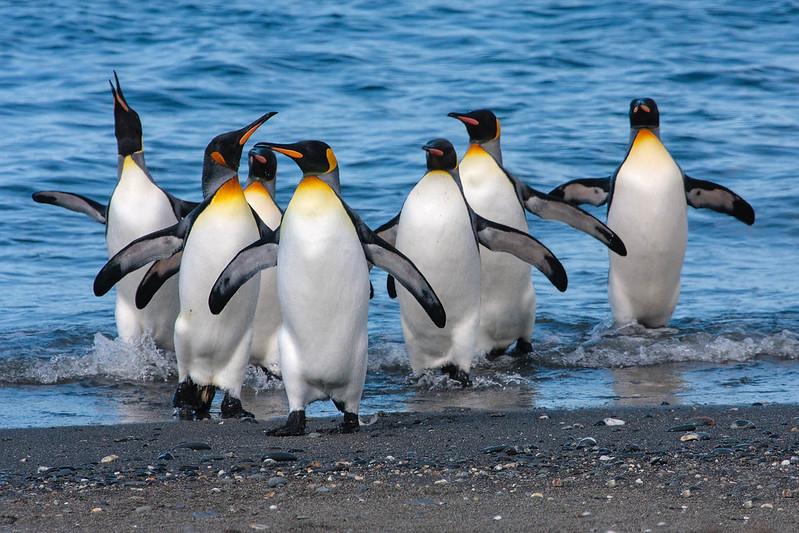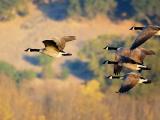Highly pathogenic avian influenza (HPAI) has been detected for a second time in Antarctic penguins, this time on South Georgia, where the virus was found in samples from both gentoo and king penguins, a British research team and South Georgia's government announced yesterday.
Multiple detections in Antarctica
The new findings follow the first detection of H5N1 in Antarctic-region penguins in January, which affected gentoo penguins off the coast of the Falklands Islands, part of the Antarctic subregion. Continuing its southward expansion, the virus had already been detected in Antarctic seabirds and mammals, including elephant seals and fur seals.
In late February, the virus was detected on Antarctica's mainland for the first time when Spanish researchers confirmed the virus in samples from dead seabirds that Argentinian scientists found near their research base.
Since last August, animal health groups have warned about the risk of H5N1 spread to Antarctic wildlife, especially since some species, such as penguins, live in dense colonies and haven't been exposed to the virus before.
Virus struck gentoo and king penguins
The government of South Georgia and the South Sandwich Islands announced its highly pathogenic avian flu detection in October, which affected brown skuas. Yesterday, it announced that samples collected in early February from one colony of gentoo penguins and one colony of king penguins on South Georgia tested positive for HPAI.
Officials said HPAI has now been confirmed at 23 sites across South Georgia.
The British Antarctic Survey (BAS), which has two research stations on South Georgia, said it is working closely with South Georgia government officials. The BAS added that the samples were tested at the international reference lab in Weybridge, United Kingdom. It said it has suspended field work involving close contact with affected species, in line with strict biosecurity measures.
Norman Ratcliffe, PhD, a BAS bird ecologist who has worked with South Georgia's penguins and seabirds, said the virus has been on South Georgia since October, and experts are surprised that penguins have only just become infected, due to high nesting density and proximity to other species.
Impact localized but risk remains
Ratcliffe said mortality in gentoo penguins has been localized and brief, but scientists will continue to monitor impacts from the virus. He said Marconi penguins, which gather in large groups, are vulnerable but will be dispersing to the sea, where transmission will be lower. "Gentoo and king penguins, however, continue to form communal roosts or to breed, respectively, throughout the winter and so may remain at risk."
Ash Banyard, PhD, head of influenza and avian virology at the UK's Animal and Plant Health Agency, said South Georgia is home to some of the most unique and special wildlife and is greatly important to international biodiversity. "So it is sad to witness the effects of avian influenza on these populations. However, these cases remain fairly isolated, and we are not seeing a rapid spread through penguin colonies," he said.
The BAS said genetic sequencing data continue to show no increased risk to human health and that the risk of human H5N1 infection remains low.






















